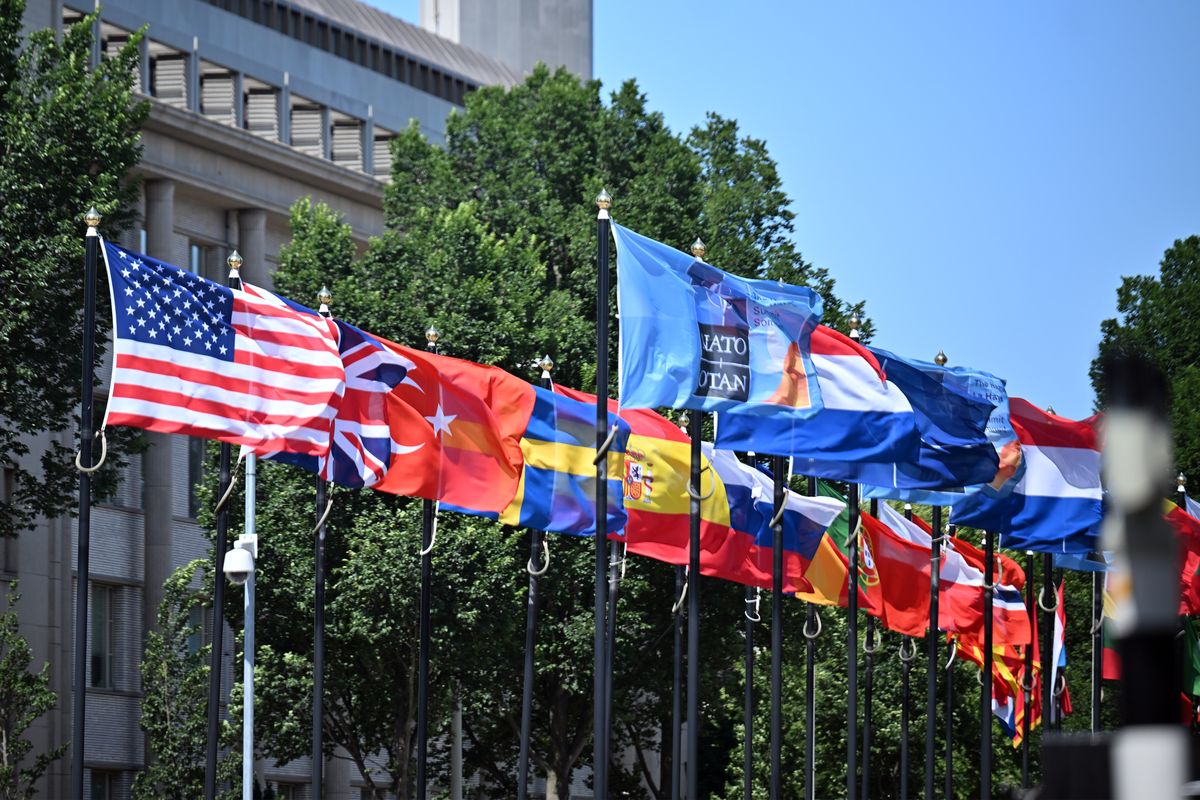When it comes to security, Canada is rarely recognized as one of the top players. The Canadian elections last month, however, brought Canada’s security policies to the forefront of discussions, highlighting Canada’s active and crucial role in maintaining global stability.
The Liberal Party won a clear majority over the Conservative Party, resulting in Justin Trudeau’s replacement of Stephen Harper as Prime Minister after nearly 10 years. The 43-year-old Trudeau, criticized for being inexperienced, is the second youngest Canadian Prime Minister.
The Liberal Party’s general message is that Canada needs to focus on the economy and environment, even at the expense of its global security efforts. Trudeau is committed to tax breaks for the middle class and running a three-year deficit to invest in infrastructure, boost the economy, and ease the strain of austerity measures.
Trudeau also promised to pull Canadian fighter jets out of the skies over Syria and Iraq and forgo purchasing the F-35 fighter jet—a big change in security policy from the last two decades. After 9/11, Canada immediately sent 2,100 soldiers to fight the Global War on Terror, and within a year, had invested $7.7 billion to combat terrorism at home and abroad. Earlier this year, the Conservative Party majority in Parliament voted to expand Canada’s combat mission in the fight against the Islamic State in Syria and Iraq. Canada’s security efforts are especially important for U.S. national security—the shared border between the two countries is the largest in the world—and U.S. economic stability—Canada is the United States’ largest trading partner.
At the G-20 Summit in Antalya, Turkey, Trudeau seemed unwavering in his position to pull out of the bombing campaign against ISIS, even after the Paris attacks. Instead, he wants to focus on training and humanitarian aid. Trudeau’s skeptics, however, emphasize that changes have yet to be made, and the Prime Minister has until March, when the current mission will expire, to make a decision.
Meanwhile, the Program Executive Officer for the F-35 Lightning II Joint Program Office, Lt. Gen. Christopher Bogdan, told Congress in late October that if any country were to forsake 65 F-35 planes—Canada’s current commitment—the price of the fighter jet for all of the remaining partners would increase up to one percent, or about one million dollars per jet. Pressure from the other partner countries, heightened security conditions, and the threat of eliminating Canadian companies from the production line for the program, may encourage Trudeau’s government to remain committed to the F-35.
One month since the election, the world watches for changes in Canadian foreign policy. With ever-shifting global security conditions, Trudeau might discover a stark difference between what he wanted for Canada and the reality of the global security situation.













